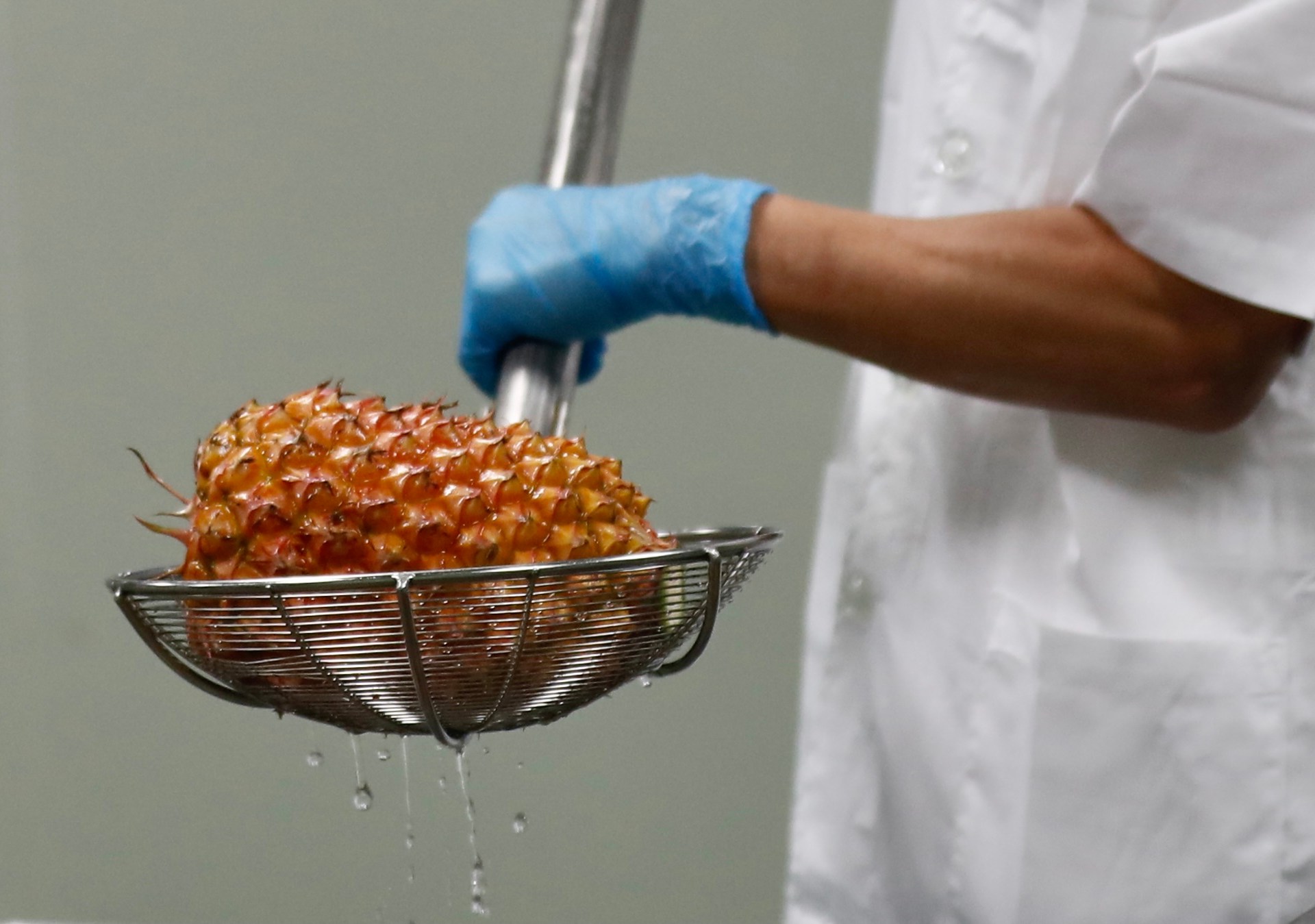Taipei, Taiwan – In early 2021, pineapple farmers in southern Taiwan received bad news when China added their crop to a list of banned imports, citing concerns about pests and safety issues. The ban caused the price of pineapples to drop dramatically, impacting the $284 million industry. Observers in Taiwan believe this ban was politically motivated, as part of China’s attempt to express its anger at the governing Democratic Progressive Party (DPP). Since the DPP took power in 2016, Beijing has used various means of coercion to undermine the government, including military exercises, misinformation campaigns, and economic bans. China has also targeted other produce from Taiwan, including sugar apples and wax apples. The import bans have little to do with food safety or pesticides, but appear to be another tactic to influence Taiwan’s voters’ distrust in the DPP’s governance. China’s aim is to encourage voters to support more China-friendly parties in the upcoming presidential and legislative elections. Despite these efforts, experts argue that China’s economic coercion remains restrained and largely symbolic compared to the damage it could potentially inflict. China’s attempts to influence Taiwan’s elections may have some impact on undecided voters, but not on those firmly supporting the DPP or China-friendly parties like the Kuomintang. As Taiwan’s political landscape changes, its economic presence in China is falling, with businesses and individuals questioning their future in the country. For the new generation of voters in Taiwan, economic benefits from China have less influence on their identity or attitude toward independence. As Taiwan prepares for the upcoming elections, the impact of China’s economic coercion on the country’s voters remains to be seen.
Source
Photo credit www.aljazeera.com
Beijing’s Tactics of Economic Coercion to Influence Taiwan’s Elections | Election News



